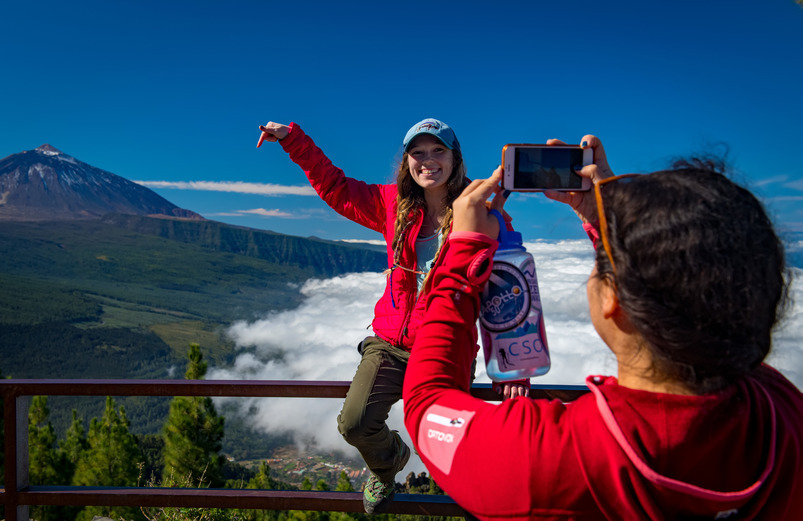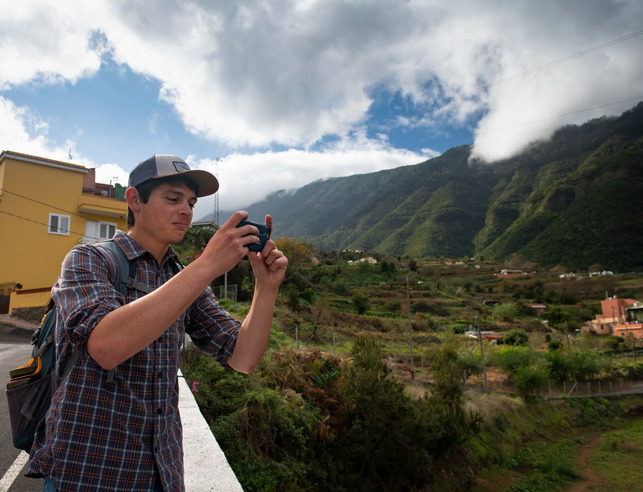Methods to Document your Time Abroad
Taking Photographs
As they say, a picture is worth a thousand words! Photographs can help you communicate
your experiences to friends and family. Sometimes it will feel as if you’re speaking
another language, but your pictures will help them to understand what you’re talking
about.
Practical Ethical Photography
You'll want to capture moments and memories that are precious to you but don't forget to practice ethical photography. This means asking yourself the questions to the left before you take photos and post them. Follow these important principles when taking photos and posting them to social media.

Blogging
Blogging allows you to easily keep in contact with lots of people while still being able to focus on your time abroad (not on the 30 people who want an email from you). You could even link your blog to Facebook or Instagram to distribute it widely. We recommend using one of the following platforms: Wordpress: an online blogging platform, Wix: an online site builder, and Blogger: an online blogging platform.
Blogging helps you:
- Communicate to the world with minimal effort and time expenditure
- Share your experiences abroad candidly
- Let loved ones know that you are safe
- Share photos AND videos
- Take your family and friends on your trip with you through thorough descriptions of sights, smells, food and emotions
- Reflect on and process your study abroad experience
Here are some blogs you can use for inspiration:
Journaling
Going beyond recording your experience, critical reflection about your experience builds your awareness and engagement with your surroundings.
Even if you have never kept one before, you may find that while you are abroad you feel more inspired to write down how you are feeling and things you want to remember. You may also find it relieves some of the stress and homesickness that often comes with being far away from home.
Posting on Social Media
Before you post on social media:
- Ask yourself "What is my intention with sharing this post?"
- Gain informed consent from the person in the picture and/or caretaker. If you can't explain why you are taking the photo, talk to a translator
- Know the name and background of the people portrayed
- Offer the person in the photo a copy
- Avoid sweeping and simplified generalizations, include informative text with names and place, etc.
- Be respectful of different cultures and traditions
- Ask yourself "Would I have appreciated to be portrayed in the same manner?"
- Avoid sensitive, vunerable situations and locations such as hospitals and health clinics
- Don't portray yourself as the hero in the story conveyed
- Challenge the perceptions, bring down the stereotypes

